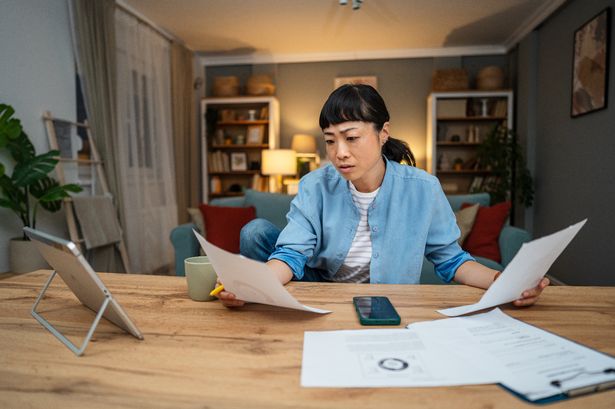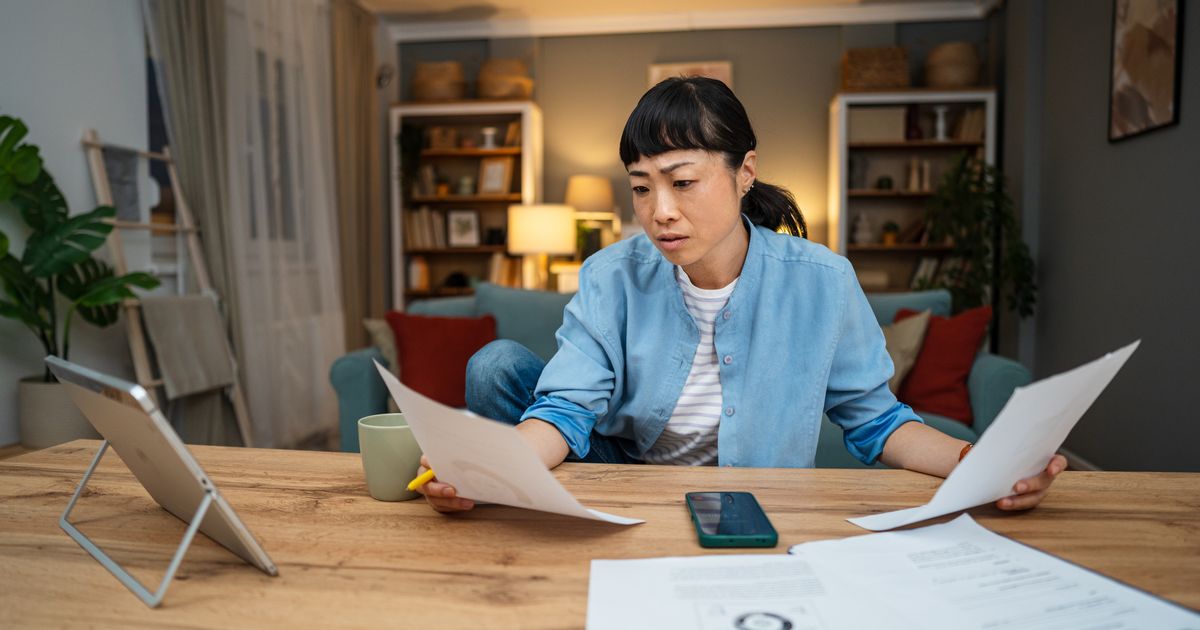If you have one of 20 psychiatric disorders that qualify you for Personal Independence Payments, you could receive up to £749.80 a month from the DWP There are 1,482,217 current PIP claims based on the various mental health conditions(Image: Getty Images)
There are 1,482,217 current PIP claims based on the various mental health conditions(Image: Getty Images)
The Department for Work and Pensions (DWP) has listed the 20 mental health conditions that could make you eligible for up to £749.80 a month in Personal Independence Payments.
PIP is a disability benefit for adults of working age who have an illness, disability or mental health condition. It has a daily living rate component and a mobility rate component – you can be entitled to one of these or both depending on your situation.
Payments are typically made every four weeks, and if you qualify for both the enhanced daily living and enhanced mobility components of the payments, you will receive a total of £749.80 over this pay period.
Depending on individual circumstances, people can claim either one or both of the daily living or mobility components.
Join the Manchester Evening News WhatsApp group HERE
There are 20 types of psychiatric disorders that qualify you for Personal Independence Payment, according to the most recent Government data of July 2025.
According to the data, there were a total of 1,482,217 PIP claims made based on the various mental health conditions.
Below is the full list of the conditions, including examples, and the amount of PIP claims that were active based on these conditions as of July.
Full list of 20 mental health conditionsPersonality disorder: 56,956Specific learning disorder (such as dyslexia and dyspraxia): 36,572Stress reactions (such as PTSD): 63,565Anxiety disorders (such as agoraphobia): 64,302Obsessive compulsive disorder (OCD): 11,514Mixed anxiety and depressive disorders: 418,963Somatoform and dissociative disorders (such as body dysmorphic disorder): 1,934Mood disorders (such as bipolar): 150,215Psychotic disorders (such as schizophrenia): 129,548Cognitive disorders (such as dementia): 26,983Eating disorders (such as anorexia): 8,076Substance (mis)use disorders (such as alcohol misuse): 17,279Factitious disorder (such as Munchausen syndrome): 28Global learning disability (such as Down’s syndrome): 171,691Autistic spectrum disorders (such as ASD): 234,519Hyperkinetic disorder (such as ADHD): 87,813Conduct disorder (such as oppositional defiant disorder): 1,204Enuresis (such as bedwetting): 40Faecal soiling (such as encopresis): 60Other psychiatric disorders of childhood: 952
It comes after rates of PIP increased in April in line with inflation. Every year rates of benefits go up in line with the rate of inflation from the previous September.
In September 2024 this was confirmed as being 1.7%, according to the consumer price index. PIP is one of nine benefits the Department for Work and Pensions is legally obliged to raise annually.
Below is the full list of new PIP rates.
Personal Independence Payment rates:
Daily living
Lower rate: increasing from £72.65 a week to £73.90 a weekHigher rate: increasing from £108.55 a week to £110.40 a week
Mobility
Lower rate: increasing from £28.70 a week to £29.20 a weekHigher rate: increasing from £75.75 a week to £77.05 a week

